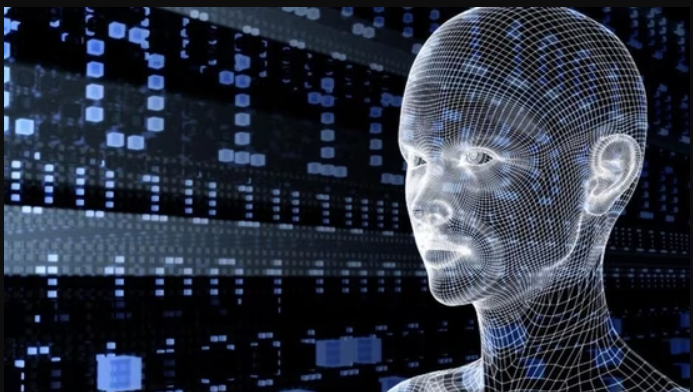AI makes early disease detection simpler 2023

Late illness discovery kills most people in India, even though the health care system has improved. It’s a national issue. According to the National Academy of Medical Sciences (NAMS) research, most Indians contact a hospital or doctor when the ailment is advanced or too late.
I think now is the moment for India to completely embrace AI in health care, especially for early illness detection and diagnosis.
According to NITI Aayog, AI expenditure in India increased from $665 million in 2018 to $11.78 billion by 2025. AI-healthcare partnerships reinforce this trend.
NITI Aayog is investigating AI in primary care for early diabetes detection. They’re also testing AI’s eye care screening accuracy against retina doctors. AI-enabled portable screening devices like 3Nethra help extend eye screenings and early detection in distant India.

Google developers tested an AI program that might accurately identify lung cancer from CT scans in 2019. The program beat radiologists in recognizing cancerous lung nodules, enabling early identification and treatment.
AI can identify lung cancer from low-dose CT images.
AI can also diagnose TB, according to ICMR study. AI algorithms can accurately detect TB in chest X-rays and CT scans, improving treatment results.
Another study, Artificial Intelligence Models in the Diagnosis of Adult-Onset Dementia Disorders, published in the National Library of Medicine, found that combining AI with MRI improves dementia diagnosis. AI-MRI diagnosis accuracy has increased from 73.3% to 99%. These findings suggest that AI and MRI can improve dementia diagnosis.
AI algorithms can also forecast heart failure risk. These models detect heart failure risk factors using electronic health records, medical imaging, laboratory findings, and patient demographics. AI improves cardiac MRI and CT image analysis.
This is the appropriate moment to invest in skill development initiatives to establish an AI and health care workforce. Training programs, workshops, and academic-industry partnerships might bridge the talent gap. Skilled workers can help India advance in AI.
Public-private collaborations foster innovation, information exchange, and AI-driven solutions. We can speed up illness detection by sharing expertise and resources. I think the G20 Health Care Summit is a good time to explore AI in early illness detection.
Awareness is crucial. Health care providers, legislators, and the public need government-led awareness initiatives. Educating stakeholders on AI’s benefits and drawbacks in illness detection will help it integrate into health care ecosystems.
Early illness detection with AI is promising. India can embrace AI’s health care revolution by tackling data accessibility, infrastructure, ethics, workforce training, and validation. Early illness diagnosis with AI can improve patient outcomes, save health care costs, and make India healthier.
